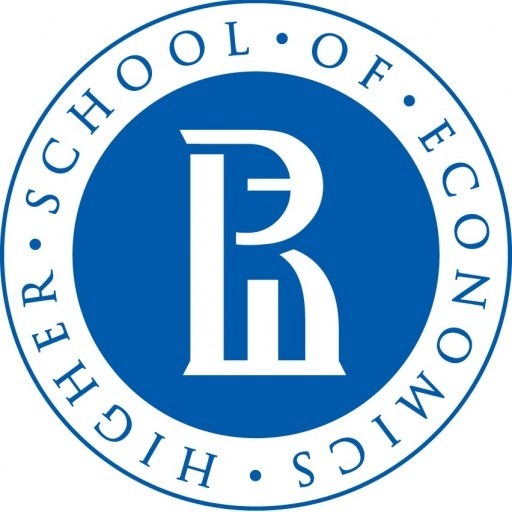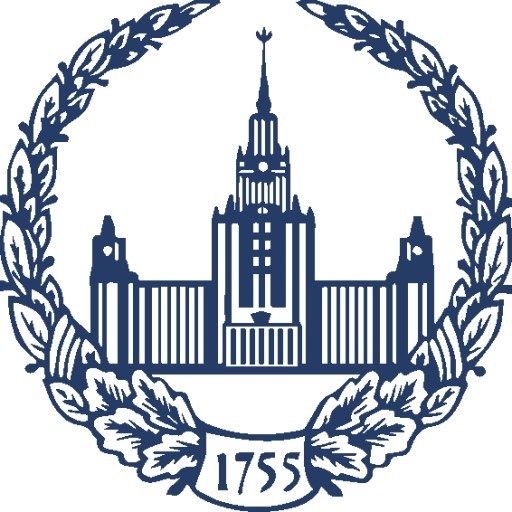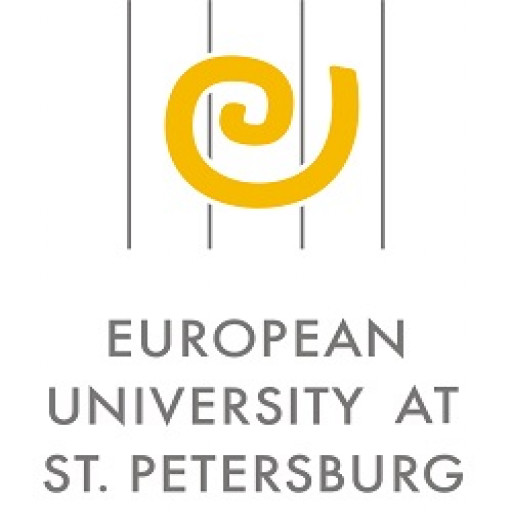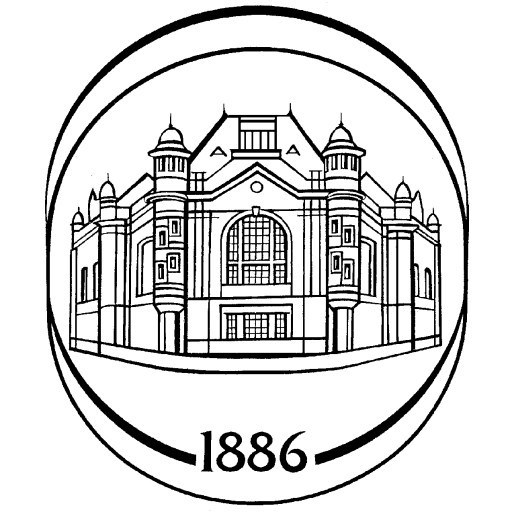Photos of university / #tyumen.university
Economics at the University of Tyumen offers a comprehensive and modern educational program designed to prepare students for a successful career in the dynamic field of economics. This program combines a solid foundation in economic theory with practical skills and applied knowledge, allowing graduates to analyze economic processes, make informed decisions, and contribute effectively to the development of various sectors of the economy. Students will study a wide range of disciplines, including microeconomics, macroeconomics, econometrics, financial theory, international economics, and business analytics. The curriculum emphasizes the development of analytical thinking, data analysis skills, and a solid understanding of economic policy and management. Through lectures, seminars, practical classes, and independent research, students will learn how to interpret economic data, develop economic models, and apply theoretical knowledge to real-world problems. The program also includes opportunities for internships and collaboration with industry partners, which provide valuable practical experience and enhance employment prospects. Graduates of the Economics program will be equipped to pursue careers in government agencies, financial institutions, consulting firms, international organizations, and private companies. They will have the skills needed for economic analysis, strategic planning, market research, and policy development. The teaching staff is composed of highly qualified specialists with extensive academic and professional experience, ensuring a high-quality education aligned with current global and regional economic trends. The program fosters critical thinking, ethical responsibility, and innovative approaches to economic challenges. By the end of their studies, graduates will be prepared to contribute to sustainable economic development and participate actively in the global economic community.
The Bachelor's Degree Program in Economics at the University of Tyumen offers students a comprehensive education that combines theoretical knowledge with practical skills necessary for the modern economic environment. The program aims to prepare competent specialists capable of analyzing complex economic processes, making informed managerial decisions, and contributing to the development of various sectors of the economy. Throughout the coursework, students explore a wide range of topics, including microeconomics, macroeconomics, financial economics, international economics, and economic policy. The curriculum is designed to develop critical thinking, analytical abilities, and numerical skills, enabling graduates to interpret economic data, conduct research, and develop strategic solutions.
Students acquire a solid understanding of economic theories and models, as well as their applications in real-world scenarios. The program emphasizes the importance of understanding global economic trends, market mechanisms, and the impact of governmental policies. Practical components such as case studies, internships, and project work are integrated into the curriculum to ensure that students gain hands-on experience and are well-prepared for their professional careers. Additionally, students have opportunities to enhance their skills in data analysis, economic forecasting, and the use of modern software tools relevant to economic research and analysis.
The educational process is supported by experienced faculty members who are active researchers and practitioners in the field of economics. The program also encourages student participation in conferences, seminars, and joint research projects, fostering an environment of intellectual growth and professional networking. Graduates of the program are equipped to work in various settings, including government agencies, financial institutions, consulting firms, and international organizations. They may also pursue advanced studies or specialize in areas such as financial analysis, economic consulting, or policy development.
The University of Tyumen’s Economics program is committed to providing high-quality education that meets international standards and addresses the needs of the modern economy. The multidisciplinary approach, combined with practical training and an emphasis on analytical skills, ensures that graduates are competitive in the labor market and ready to contribute effectively to the economic development of their organizations and communities.
Program requirements for the Bachelor’s Degree in Economics at the University of Tyumen include a combination of general university admission criteria and specific prerequisites related to the field of study. Applicants must possess a complete secondary education or its equivalent, with a certificate confirming their graduation. Admission is typically based on performance in the Unified State Exam (USE) or an equivalent standardized examination system, with competitive scores needed to qualify for enrollment. The minimum score thresholds are established annually and may vary depending on the applicant's overall performance and the number of available spots in the program.
Prospective students are also expected to demonstrate proficiency in mathematics, accounting, and economics, either through prior coursework or standardized testing results. Preference is often given to applicants with a strong background in mathematics, as this discipline provides foundational skills necessary for understanding economic theories, statistical analysis, and quantitative research methods. Moreover, knowledge of the Russian language is essential, with applicants required to provide proof of their language proficiency, particularly for international students.
In addition to academic performance, admission committees may consider additional criteria such as motivation letters, interviews, or extracurricular achievements relevant to the field of economics or related social sciences. International applicants may need to submit certified translations of their academic transcripts and evidence of language proficiency in English or Russian, depending on the program language of instruction.
Once admitted, students must fulfill ongoing program requirements, including completing necessary coursework, practical internships, and passing examinations in core subjects such as microeconomics, macroeconomics, mathematical methods in economics, and economic policy. The curriculum may also include modules on econometrics, financial markets, international economics, and economic development, forming a comprehensive foundation in economic theory and applied skills.
To graduate, students are required to accumulate a specified number of ECTS credits, participate in research projects or thesis work, and demonstrate practical competencies through internships or projects aligned with current economic challenges. The university may also have language proficiency requirements to ensure students are capable of engaging with international economic literature and participating in global academic and professional environments.
In summary, the program demands a solid academic background in relevant subjects, high standardized test scores, language proficiency, and active engagement in academic and practical activities throughout the course. These elements aim to prepare graduates for careers in economic analysis, consulting, government policy, and international organizations, equipping them with the critical thinking and analytical skills essential for success in the dynamic field of economics.
Tuition fees for the Bachelor's program in Economics at the University of Tyumen are set in accordance with the university's regulations and may vary depending on the form of study (full-time, part-time) and whether the student is a domestic or international applicant. For domestic students, the tuition fee typically ranges around 150,000 to 200,000 Russian Rubles per academic year, with potential adjustments for years of study or specific specializations within the program. International students may encounter higher fees, often approximately 300,000 Rubles per year, reflecting the broader scope of tuition pricing for international education.
Funding opportunities for students enrolled in this program include several options. The University of Tyumen provides a range of government-funded places, which cover tuition fees entirely and are awarded based on competitive examinations and academic achievements. Students who qualify for these scholarships benefit from a full exemption from tuition payments, reducing financial burden significantly. Additionally, the university offers scholarships based on academic performance, social criteria, or special achievements, which can partially or fully cover tuition fees depending on the scholarship type and award conditions.
Students are also encouraged to seek external funding sources. Various governmental and non-governmental organizations in Russia offer scholarships, grants, and stipends for students within the field of economics and related disciplines. Some of these are targeted at students pursuing degrees in economic research, regional development, or entrepreneurship. Scholarship programs such as the Russian Government Scholarship, regional grants, and private sector internships are viable options to finance studies.
Part-time work opportunities are available on-campus and in the surrounding city of Tyumen, helping students offset living expenses but typically not covering tuition fees directly. The university has partnerships with local businesses and institutions, facilitating internships and part-time jobs in areas relevant to economics, finance, and management.
Students can also explore student loan programs provided by Russian financial institutions or educational loans from international banks operating in Russia. These loans generally have favorable repayment terms and may require the student or their guarantor to meet specific financial criteria.
In conclusion, financing studies in Economics at the University of Tyumen is accessible through a combination of university scholarships, government-funded places, external grants, and part-time employment. The university continuously updates its financial support systems to assist students in reducing the economic barriers to higher education. Prospective students are advised to explore the official university website and contact the admissions office for detailed, current information on tuition fees and available financial aid programs.
The Economics bachelor's degree program at the University of Tyumen is designed to provide students with a comprehensive understanding of economic theories, models, and practical skills necessary for analyzing and solving real-world economic issues. The curriculum covers core disciplines such as microeconomics, macroeconomics, statistical methods, econometrics, financial analysis, and public economics, offering students a solid foundation in both theoretical and applied aspects of economics. Emphasis is placed on developing critical thinking, quantitative analysis skills, and the ability to interpret economic data, enabling graduates to evaluate economic policies, manage financial resources, and contribute to economic development within various sectors.
Throughout the program, students have opportunities for practical learning through internships, projects, and collaborations with industry partners, which enhance their understanding of economic processes in different contexts. The faculty comprises experienced academics and industry professionals committed to delivering high-quality education, fostering research, and supporting student development. The program also encourages internationalization, allowing students to participate in exchange programs and joint research initiatives, broadening their global perspective.
Graduates of the Economics program at the University of Tyumen are prepared for diverse career paths, including roles in government agencies, financial institutions, consulting firms, non-governmental organizations, and international organizations. They may also pursue postgraduate studies to deepen their knowledge and expand their career prospects in academia or specialized economic fields. The program aims to cultivate analytical thinking, ethical understanding, and innovative approaches, equipping students with the necessary competencies to thrive in the dynamic economic environment of modern Russia and the global market. The university continuously updates the curriculum to reflect current trends and challenges in economics, ensuring students are well-prepared for the evolving economic landscape.




